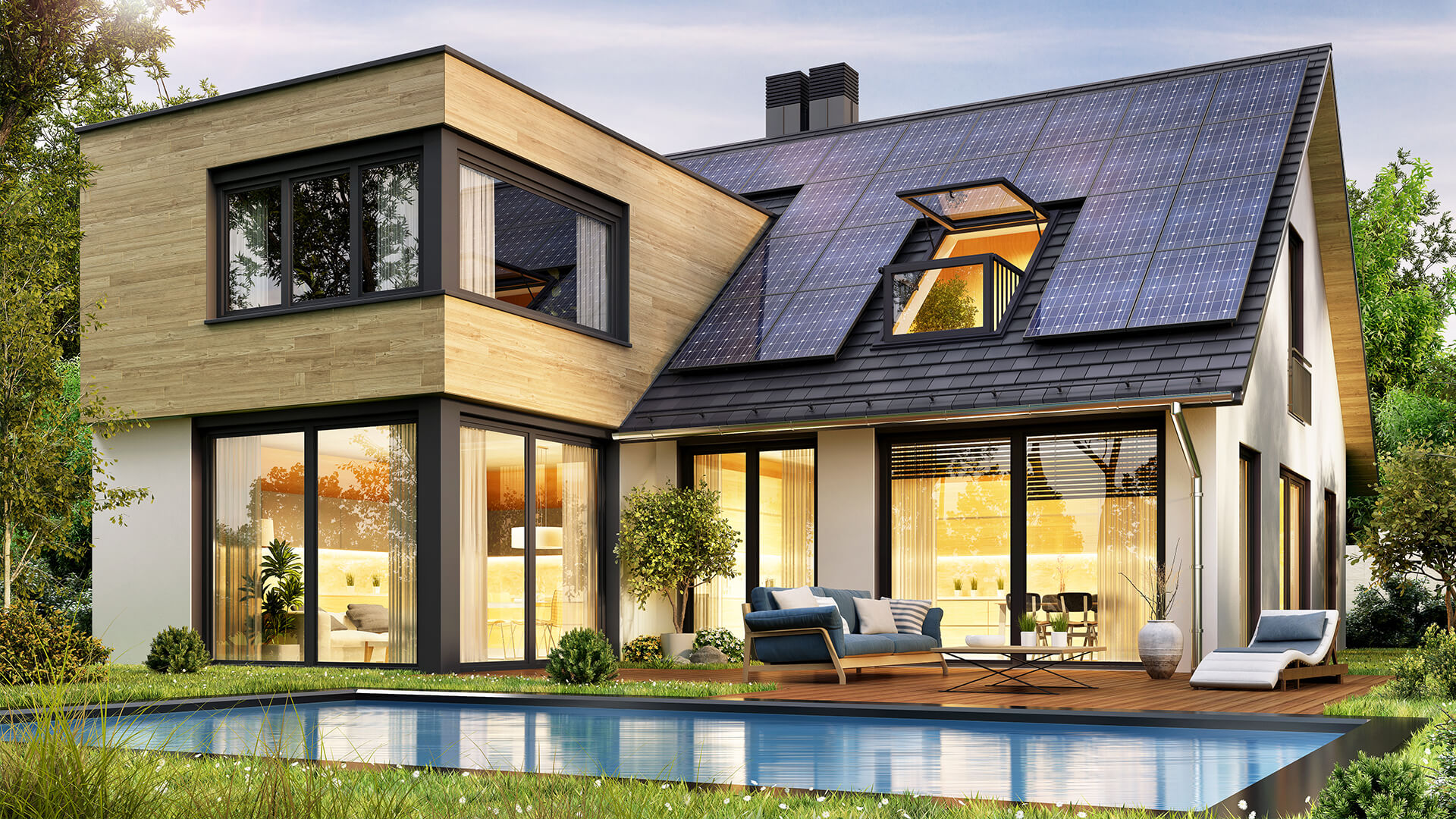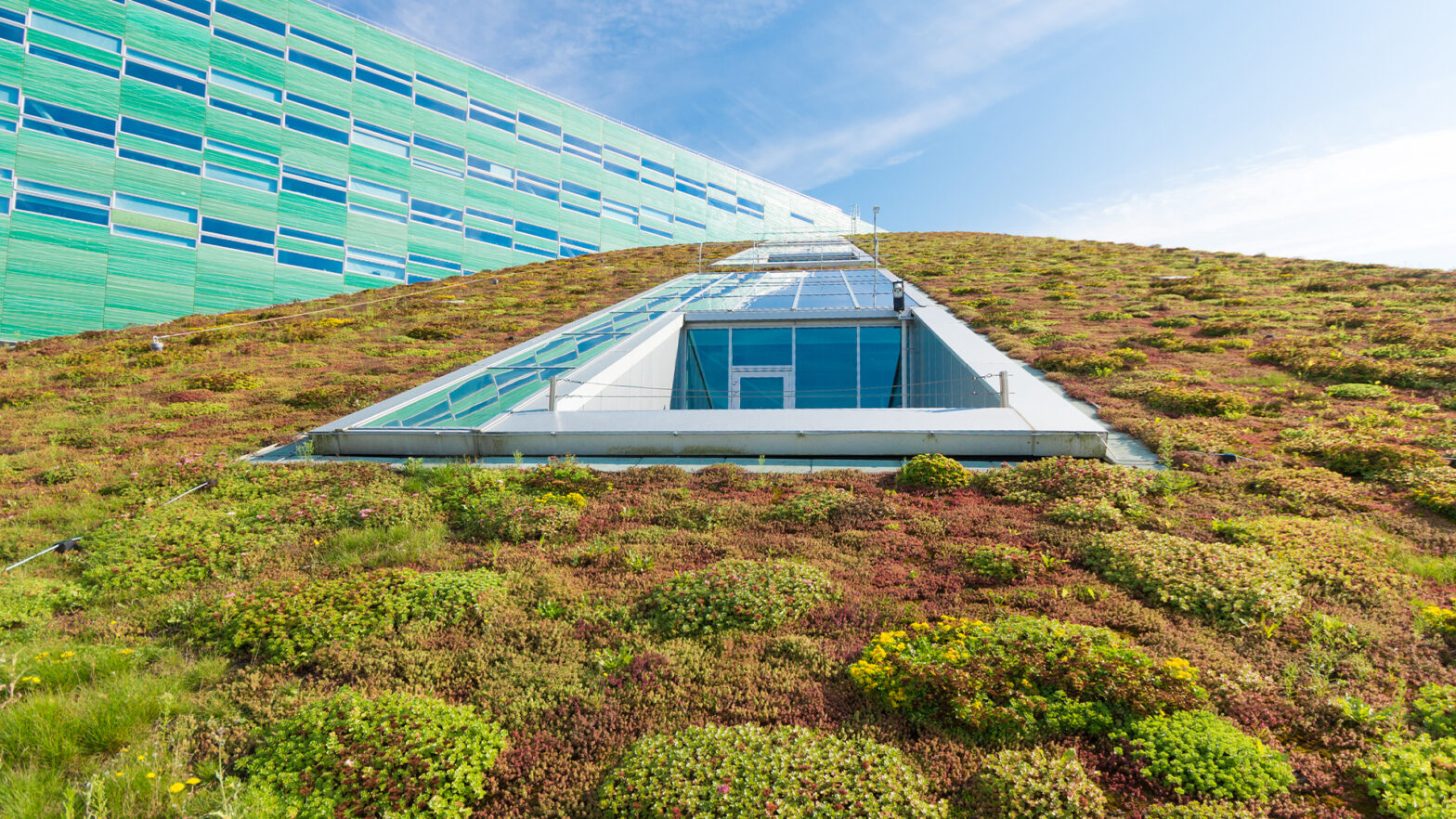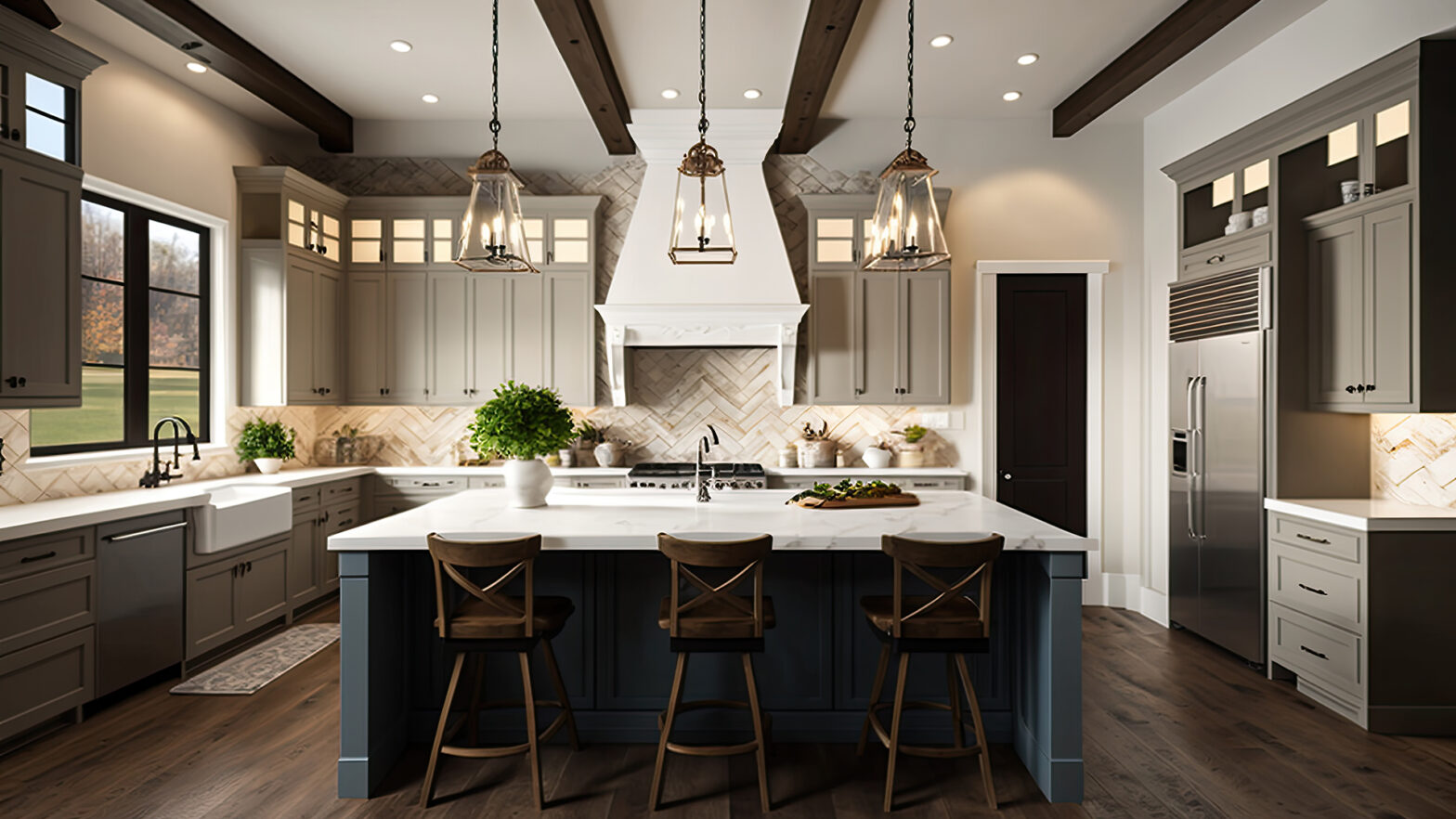The global population grows constantly. As it does, builders must construct new homes to accommodate this increase of people. While some fear that new construction has detrimental effects on the environment, this doesn’t have to be the case.
If builders and homeowners choose to incorporate recyclable, biodegradable and sustainable materials into new housing projects, you might even see a decrease in greenhouse gas emissions and overflowing landfills. Implementation of renewable energy within residential buildings may also help builders construct homes that are brand-new yet environmentally friendly, nonetheless.
Sustainable Materials
Materials like concrete and cement quite literally hold cities together. From apartment building to sidewalks, the thick gray material presents itself as necessary to urbanization. However, concrete and other similar materials have a dark side. Each year, their production releases millions of tons of carbon dioxide into the atmosphere. This makes cement production the source of 8% of the entire planet’s carbon emissions.
So, if homeowners wish to build a eco-friendlier home, they’ll have to turn to other materials like bamboo, hemp fibers and wood from mature trees. These materials are completely natural and make for a very solid, environmentally friendly home.
Recyclable Materials
Homeowners might also consider using recyclable materials to build their new home. Instead of using brand-new items and letting used materials sit in landfills, they implement recycled plastics, glass, bricks and even concrete. Some people also use reclaimed wood for flooring and paneling. By upcycling wood, homeowners use 11 to 13% less energy compared to the amount of energy it takes to cut down trees and produce new lumber.
Recyclable materials of this sort are available at a number of outlets. For instance, Habitat for Humanity Restore locations sell donated items like appliances, housewares and building materials. There are also websites to assist in locating reclaimed and recycled wood stores in your area to minimize transportation emissions and help you find the right material for your new home.
Biodegradable Materials
Many of the abovementioned eco-friendly materials are also biodegradable. This means that if they do end up in a landfill, they will disintegrate naturally without harming the environment. Bamboo flooring and wooden shingles, for example, decompose in a few months or years. This is a lot quicker than the decomposition process of asphalt, which can take hundreds of years.
Mycelium, a material made from the root fibers of mushrooms, is also biodegradable. Its structure allows builders to shape it into any form and construct incredibly strong buildings.
Since biodegradable materials are often organic and don’t involve harmful chemicals, they’re generally easier to harvest, produce and transport. And, while materials like wood, bamboo, linoleum and cork are quite mainstream, you’ll likely see increased popularity of materials like mycelium, cork and even sand in construction in the future.
Renewable Energy Systems
Another way homeowner can build an environmentally-friendly home is by incorporating renewable energy systems throughout the building. These systems, which can include everything from solar panels to wind turbines, are increasingly accessible to the average homeowner.
Even environmentally friendly heating and cooling systems are an option. Choose between a grid system, which supplies electric back-up energy, or a standalone system, which provides energy through a battery or a generator.
Both system types provide homeowners with a way to obtain energy from natural, renewable resources and reduce greenhouse gas emissions. And, while they may have been expensive to install, overall prices are declining. If you implement such a system in your new home, it will likely pay for itself in a matter of years.
Ultimately, including environmentally friendly materials and energy systems in your home from the moment it’s built could be a smart move for both the planet and your family.































